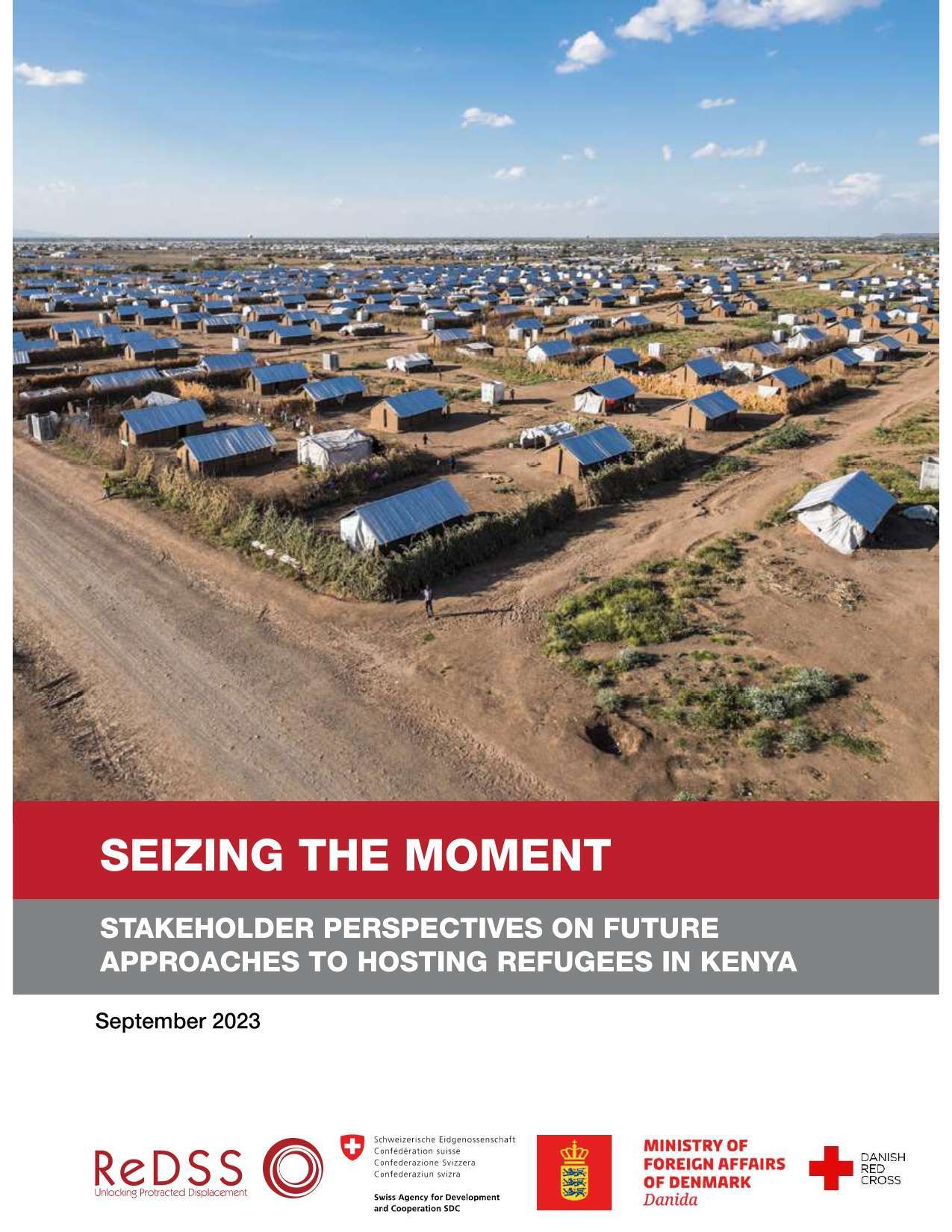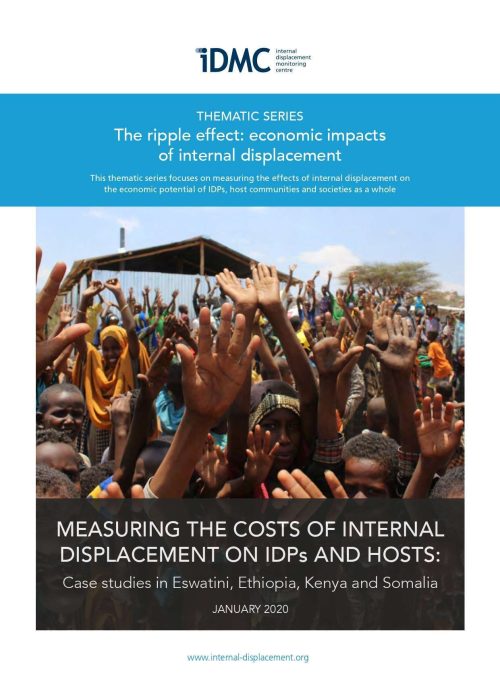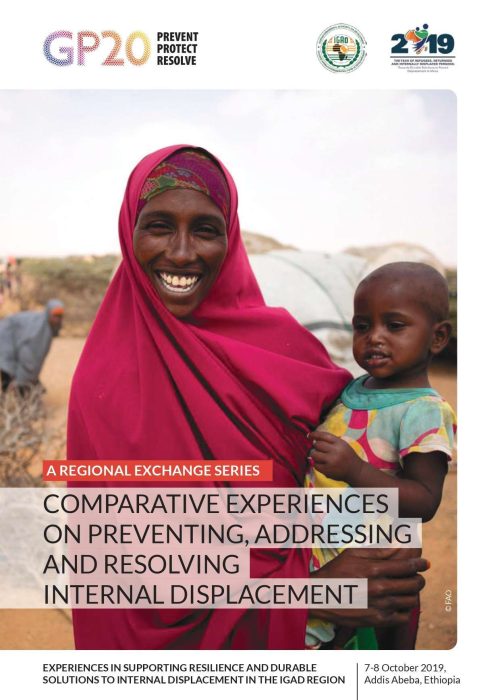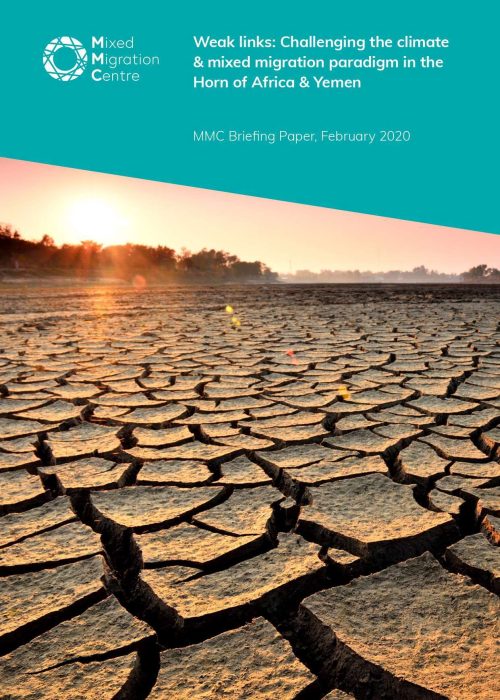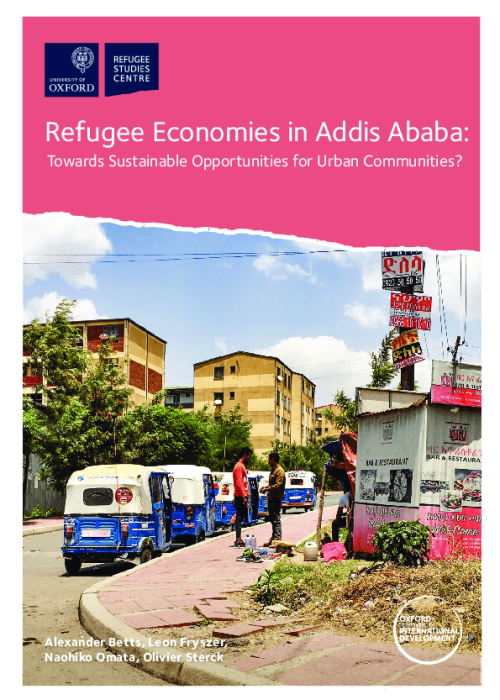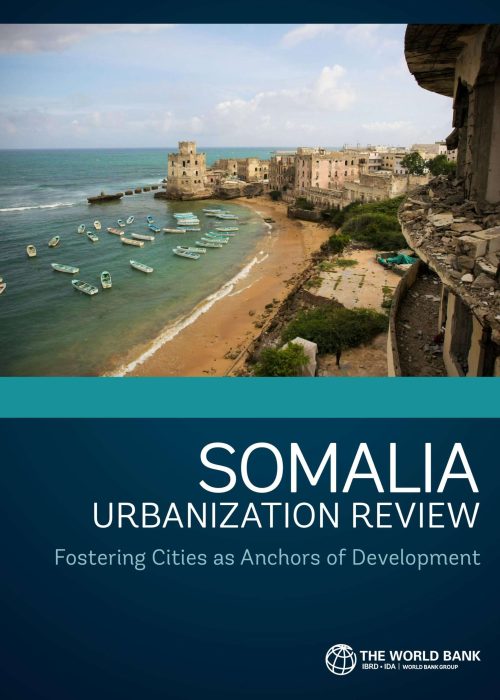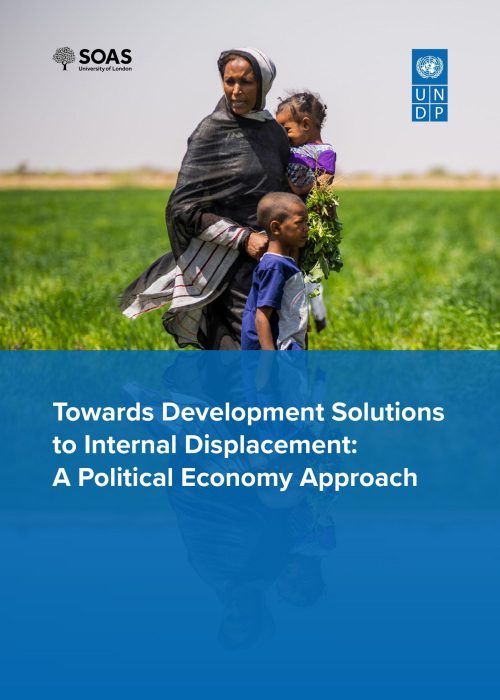This report commissioned by the Regional Durable Solutions Secretariat (ReDSS) explores the future approaches to hosting refugees in Kenya. It is based on interviews with various stakeholders, including government, UN, civil society, and community representatives, in Garissa and Turkana counties, where most refugees live.
The report examines the current legal and policy context, the challenges and opportunities of devolution, the humanitarian-development nexus, and the perspectives of refugees and host communities on integration. It also analyses the lessons learned from the Kalobeyei Integrated Settlement Model, which aims to promote self-reliance and social cohesion among refugees and hosts. The report identifies key principles and recommendations for moving forward with the government’s initiative called the Shirika Plan, which seeks to transform refugee camps into integrated settlements.
The report argues that the Shirika Plan is a significant and positive shift in refugee management, but it also requires clear leadership, coordination, financing, and participation from all actors involved. The report highlights the need to balance the rights and responsibilities of refugees and hosts, to ensure freedom of movement and access to documentation, to align incentives and interests among different levels of government, and to involve refugees and hosts in the planning and implementation of the plan. The report concludes that the Shirika Plan has the potential to improve the lives of refugees and hosts, as well as to contribute to regional and global responsibility sharing.
